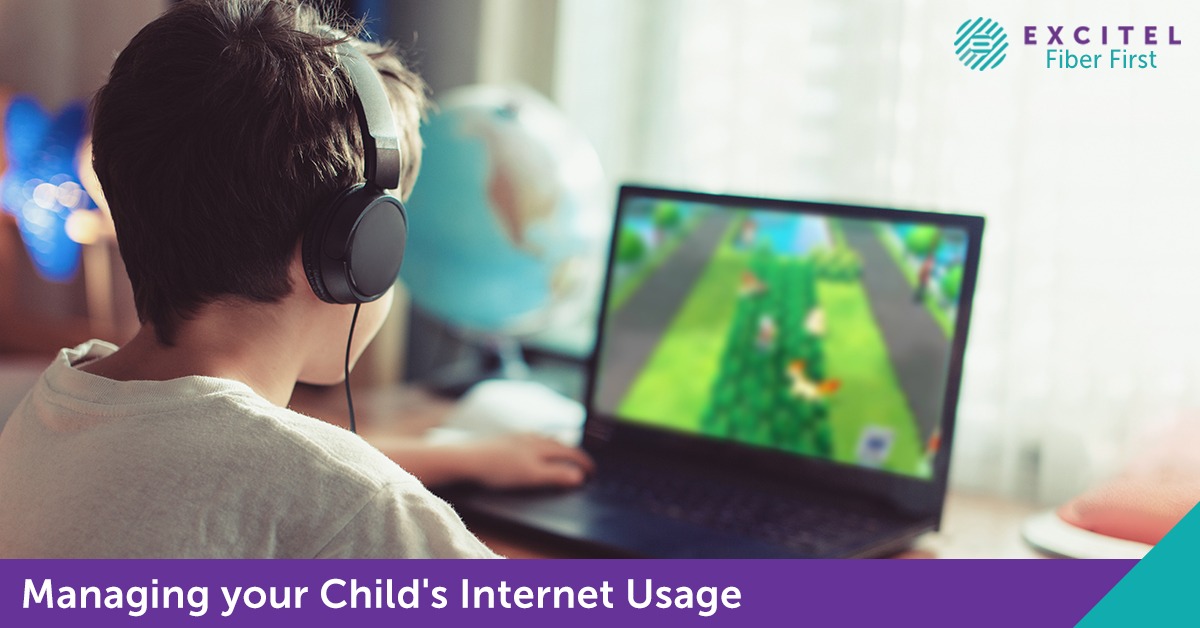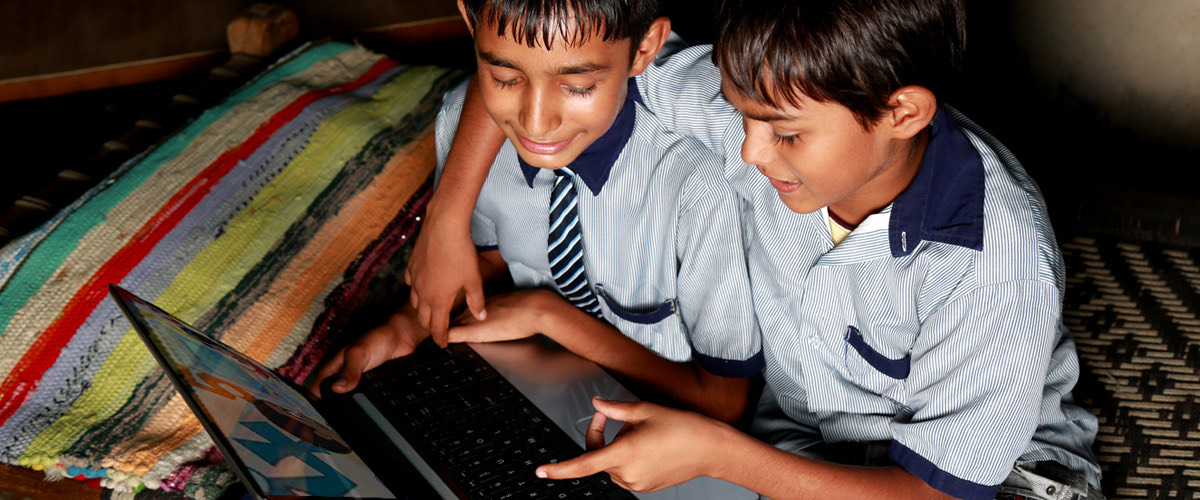Internet penetration in India has increased immensely in recent years. In 2020 alone, nearly 700 million users across the country had access to the internet. Simultaneously, internet usage among India’s children has also risen over the years. Recent reports show that children aged between 5 and 11 make up around 15% of the active internet users in the country. Understandably, most children access the internet through the devices of their family members.
The web can open a world of opportunities for children. It can help them learn more about the world around them in a way that little else can. However, on the flip side, too much exposure to social media and internet usage for children could also adversely impact them. It’s no wonder then that parents constantly worry about managing their children’s internet usage.
If you’re a parent struggling to figure out how to establish parental controls and keep an eye on internet access for the children in your family, here are some practical tips that could help.
Set up a specific access time
Limiting internet access for children to specific times each day can go a long way in helping you manage their internet usage. Set up specific windows of time during which your children can access the web. This way, you can ensure that you have some degree of control of the amount of time your kids spend on the internet. You could turn off the net during the times when your child is supposed to be doing other things, like catching up on their homework or sleeping.
Establish parental controls
If you’re looking to up your game and manage your children’s internet usage in a better manner, parental controls may just be your best friends. Different devices come with varying degrees of parental controls. Streaming services also have some parental controls in place. Online games, apps and social media sites also allow for parental monitoring. Make the most of these tools, so you can ensure that internet access for your children doesn’t lead into any dangerous waters.
Encourage tech-free days
Another easy way to limit internet usage by your kids is to encourage tech-free days for everybody at home. On tech-free days, everyone in the family turns in their devices and spends time doing things that do not involve the internet. This not only allows you to keep internet access for children within acceptable levels, but it also creates time for some family bonding. Additionally, it encourages your children to look for entertainment outside of the web. This can help cultivate social skills too.
Lead by example
Up to a certain age, children tend to model the behavior of their parents. So, if you’re trying to manage internet access for children around the house, but don’t set a very good example with your device, it could lead to conflicting inputs for the kids in your family. A good way to ensure this doesn’t happen is to follow the rules you set for your child, to the extent possible, at the very least. Indulge in activities that do not involve the internet, like reading a book or playing some board games, and the chances are high that your children may follow your lead.
Discuss your child’s internet usage with them
Transparency is one of the key elements to helping your child understand why it’s important to control their internet usage. Merely establishing parental controls and instructing children to follow the rules may eventually lead to an outbreak. Instead, open-up the lines of communication and talk to your children about their internet usage. Get them to open-up about what they typically spend time doing online, and explain your concerns to them.
Make use of apps to manage your child’s internet usage
Aside from the inbuilt parental controls in many devices and platforms, there are also several apps that parents can make use of to manage the internet access for children at home. These tech-based solutions help you do various tasks, like keep an eye on your children’s screen time, limit or monitor the access to apps that are not child-friendly, and track their social media usage. All these apps can come in handy if you’re trying to manage your kids’ internet use.
Conclusion
These strategies are easy enough to implement. The important thing to keep in mind is that you need to explain your actions to your children, so they understand where you’re coming from. Merely instructing them to do these things may give them the impression that you’re not on their side. Instead, starting a conversation about the internet and its many facets could encourage your children to grow more conscious of what they do on the web. And this, rather than outright tough parenting, is more likely to get your kids to listen to you.






